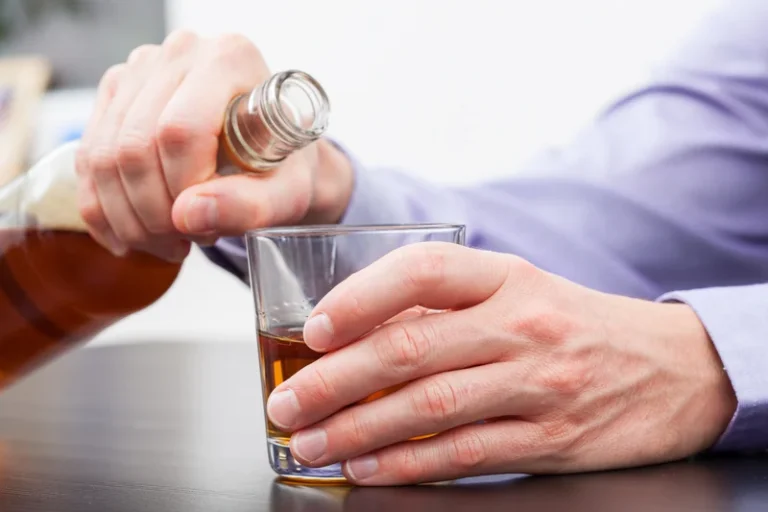
Learn more about the short- and long-term effects of alcohol consumption here. Unlike food, which can take hours to digest, the body absorbs alcohol quickly — long before most other nutrients. And it takes a lot more time for the body to get rid of alcohol.
Binge Drinking and Alcohol Toxicity
One potential danger of alcohol overdose is choking on one’s own vomit. Alcohol at very high levels can hinder signals in the brain that control automatic responses, such as the https://ecosoberhouse.com/ gag reflex. With no gag reflex, a person who drinks to the point of passing out is in danger of choking on their vomit and dying from a lack of oxygen (i.e., asphyxiation).
Alcohol poisoning prevention
- Anyone who drinks large amounts of alcohol in a short amount of time is at risk of alcohol poisoning.
- The more you drink, especially in a short period of time, the greater your risk of alcohol poisoning.
- Signs and symptoms include confusion, slow breathing, a loss of consciousness, and vomiting.
- Binge drinking and high intensity drinking are most likely to cause alcohol poisoning.
If there’s a concern of injury to internal organs, various tests might be performed. An exam of the heart and lungs is also crucial during this time because it can show signs of aspiration. “The lung exam would help us identify that by looking for differences in how the lungs sound and how the air moves when they’re breathing,” Dr. Farmer says. Take our free, 5-minute substance abuse self-assessment below if you think you or someone you love might be struggling with substance abuse. The evaluation consists of 11 yes or no questions that are intended to be used as an informational tool to assess the severity and probability of a substance use disorder. The test is free, confidential, and no personal information is needed to receive the result.
Alcohol Poisoning Risk Factors
For people who drink occasionally, the body can only process a certain amount of alcohol every hour, and that magic number is technically unknown; generally, it’s considered to be one drink per hour. So, glugging much more than that in a short time can alcohol poisoning result in alcohol poisoning, per the Mayo Clinic. If you’ve ever been swept up in the moment and said yes to one more shot of tequila when you should have said hell no, you’re probably well aware of what it feels like to have a bit too much to drink.

From Mayo Clinic to your inbox

Some people with AUD have developed a dependence on alcohol to function. They may experience alcohol withdrawal symptoms if they abruptly abstain from drinking. In these cases, a person needs to consult a doctor to determine how to best treat their AUD. Blood alcohol concentration (BAC) is the level of alcohol present in a person’s blood after consuming alcohol.
About Mayo Clinic
Several functions — including speech, balance, coordination, judgment, and reaction times — are significantly impaired. Memory gaps or blackouts may also occur, and the person may vomit. A healthcare provider may also suggest that individuals seek treatment for alcohol use or talk to a mental health professional. An individual may want to seek treatment for alcohol use or another mental health condition such as depression or anxiety. If someone experiences alcohol poisoning, they will need time to recover.
- But as you continue to drink, you become drowsy and have less control over your actions.
- But if a person drinks very quickly, they can get to this stage before long.
- Not to mention, a person’s BAC can continue to rise long after they’re rendered unconscious, per the NIAAA.
- Binge drinking is defined as the consumption of five or more alcoholic drinks (for men) or four or more drinks (for women) within two hours.
- The emergency room physician will monitor your vital signs, including your heart rate, blood pressure, and temperature.
Alcohol Poisoning Treatment
Vital measures include heart rate, breathing rate, oxygen level, temperature, blood pressure, and blood sugar, and indicate how far from baseline a person may be. The goal is to give supportive care, which could include things like giving fluids through an IV to prevent dehydration. Treatment for alcohol intoxication involves supportive care while the body tries to process the alcohol.
Mayo Clinic Press
